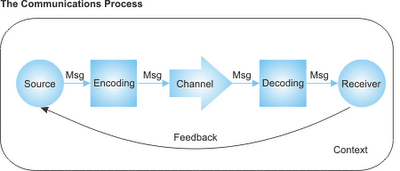Public speaking is an important element of Communications and like learning to walk, it is a human characteristic that requires practice, practice, practice. Here are three tips for mastering the Expository or Extemporaneous speech.
Tip 1 - Become an Expert
Tip 2 - KISS
For Example instead of 'pontificate' use 'explain'.
Tip 3 - Practice Makes Permanent
For more tips see Expository Check-list.
Tip 1 - Become an Expert
“90% of how well the talk will go is determined before the speaker steps on the platform.” – Somers WhiteKnow your topic inside out; demonstrate expertise on the topic. Expert knowledge can come from personal experience and or doing thorough research well in advance of the speech. A good public speaker is also an expert on their audience. Doing research on the audience will help determine what points and what presentation tone will best engage them.
Tip 2 - KISS
“The right word may be effective, but no word was ever as effective as a rightly timed pause.” – Mark TwainWhen it comes on to excellent communication, wise words are usually the simplest. Use simple language always remember KISS (Keep It Simple Silly). As much as possible use words that have one definite meaning. The expository speech is usually brief so there's not much time to explain what you mean in detail. Choose words that are not ambiguous (containing multiple meanings).
For Example instead of 'pontificate' use 'explain'.
Tip 3 - Practice Makes Permanent
“It takes one hour of preparation for each minute of presentation time.” – Wayne Burgraff
With this logic, if you have a 7 minute presentation, you need a minimum of 7 hours to practice. Vary the practice sessions:- Practice before the mirror to observe and correct yourself in real time.
- Practice before peers to receive constructive feedback
- Practice voluntary public speaking in various public gatherings (clubs, social groups, community events etc.)
- Finally, have someone video tape you giving a speech and review your presentation.
Here's an example of an award winning Expository Speech from the 2014 Toastmasters World Champion of Public Speaking


